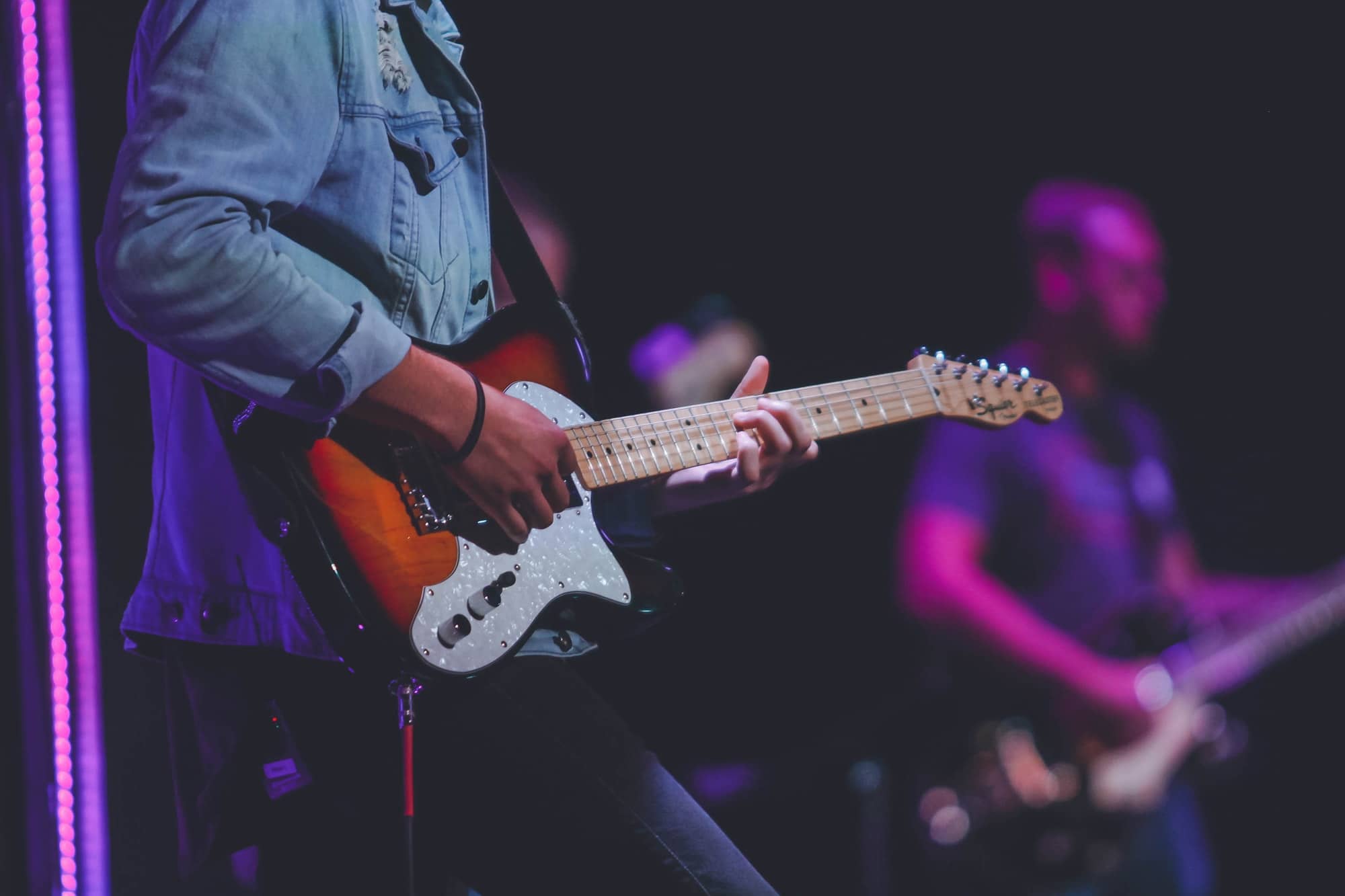Rik Avalos can’t remember the exact moment he realized he had stage fright. It was just something that had always been there. From the time he was 12 years old, during his first classical music performances in school, he would get up on stage and immediately feel afraid. His hands would begin to shake and he could never seem to breathe right.
“Immediately, the guitar that had felt so comfortable at practice suddenly felt like the most foreign object in the world. And I couldn’t get myself to calm down”, remembers Rik.
It wasn’t until many years later that he realized his stage fright was actually just a small part of a larger social anxiety.
“There would be those instances that would come up where I wouldn’t really want to do something and I would start saying ‘Well, maybe I’ll just do it next year’ and just avoid it,” remembers Rik. “I liken it very much to when you get off of a ski lift and start heading down the slope. As the saying goes, ‘if you look at the tree, you’re going to run into the tree’. And in life, if you tend to worry about a lot of things, the worrying will start to get in your way.
Rik had started to feel as though his fears were getting in his way. He was constantly battling apprehension and self-doubt. And though he could never quite shake these emotions, he knew full well that they weren’t doing him any favors.
“Worrying has never helped me,” says Rik. “There’s never been one time where I’ve looked back and thought ‘Man, I’m glad I was so worried”.
He had seen other musicians give up, leave their dreams of performing when they were unable to shed their stage fright. He had seen so many friends and coworkers bury their fears, choose to avoid them altogether, and pretend they just didn’t exist.
He didn’t want to be one of these people limited by their anxieties. So he made a choice. Rik chose to embrace his fears.
He started by telling himself that all of the feelings and emotions he had were his strength, rather than a weakness. He started looking at his feelings as sort of a sixth sense, a way to better gauge himself.
Next, Rik tried to understand his fears. Each time his hands would start to shake and his breath would quicken, he would start asking himself a series of questions.
Why don’t I feel at peace in this moment?
Where is this feeling of instability coming from?
What is it exactly that has me feeling nervous? Am I unprepared? Is there something wrong with my equipment? Is someone important to me missing from the audience?
By asking himself these questions, Rik began to get to the root of his fear each time he felt it. And by better understanding what exactly it was that was making him afraid, he was better able to address it. If he felt like he hadn’t prepared enough, he told himself he’d practice more next time. If he was afraid the equipment wasn’t working, he’d reach out for help. Whatever the issue, Rik found himself more able to directly address the problem.
He also began to make sure to take a moment to remind himself why he was up on stage in the first place. He thought back to what music had done for him, how it had given him an outlet to express himself in ways he’d never been able to before. And he reminded himself why it was important to keep moving forward.
Rik’s goal in understanding his fear was never to rid of it altogether. He believed that though it may feel good to completely erase fear at an important moment, it wouldn’t benefit him later on. Fear was where Rik believed his growth came from.
This same technique has helped Rik with more than just his music. A tenured HR professional, he has taken on challenging recruiting positions in some of the country’s most notable companies, where he sometimes found himself full of self-doubt.
Rik remembers feeling particularly uncertain in his own abilities when he first landed a role as an HR Manager at Tesla.
“Having to recruit for Elon Musk was really scary. Not scary like he was going to hurt me. It was more that he’s super smart and you want to impress somebody like that. You don’t want somebody to look at you and go ‘God you’re an idiot’. It was stressful,” remembers Rik. “But when I look back, and I think ‘Oh my god, I can work for Elon Musk. For 7 years, I worked at Tesla. Perhaps I can go out and do some other amazing things.’ So it’s also about taking challenges, getting yourself out there. And getting yourself in spots where you’re not comfortable. I think focusing on strengths and doing what you’re great at can be a really great thing. It can be limiting if you’re not stretching and letting yourself be brave and courageous in places you weren’t before.”
Rik fully admits that, to this day, he isn’t completely over his fears. He still struggles when he gets up on stage. And every once in a while, he’ll find that those old feelings of self-doubt bubble to the surface while he’s at work.
“I have to take a deep breath, get ready, get excited. I have to tell myself ‘Remember, this is what you wanted to do’,” says Rik. “It’s just going down a list of things that ‘This is what you’ve wanted to do your whole life and this is what it’s all about. Don’t let it go by and don’t waste the time being so freaked out about it.’”




